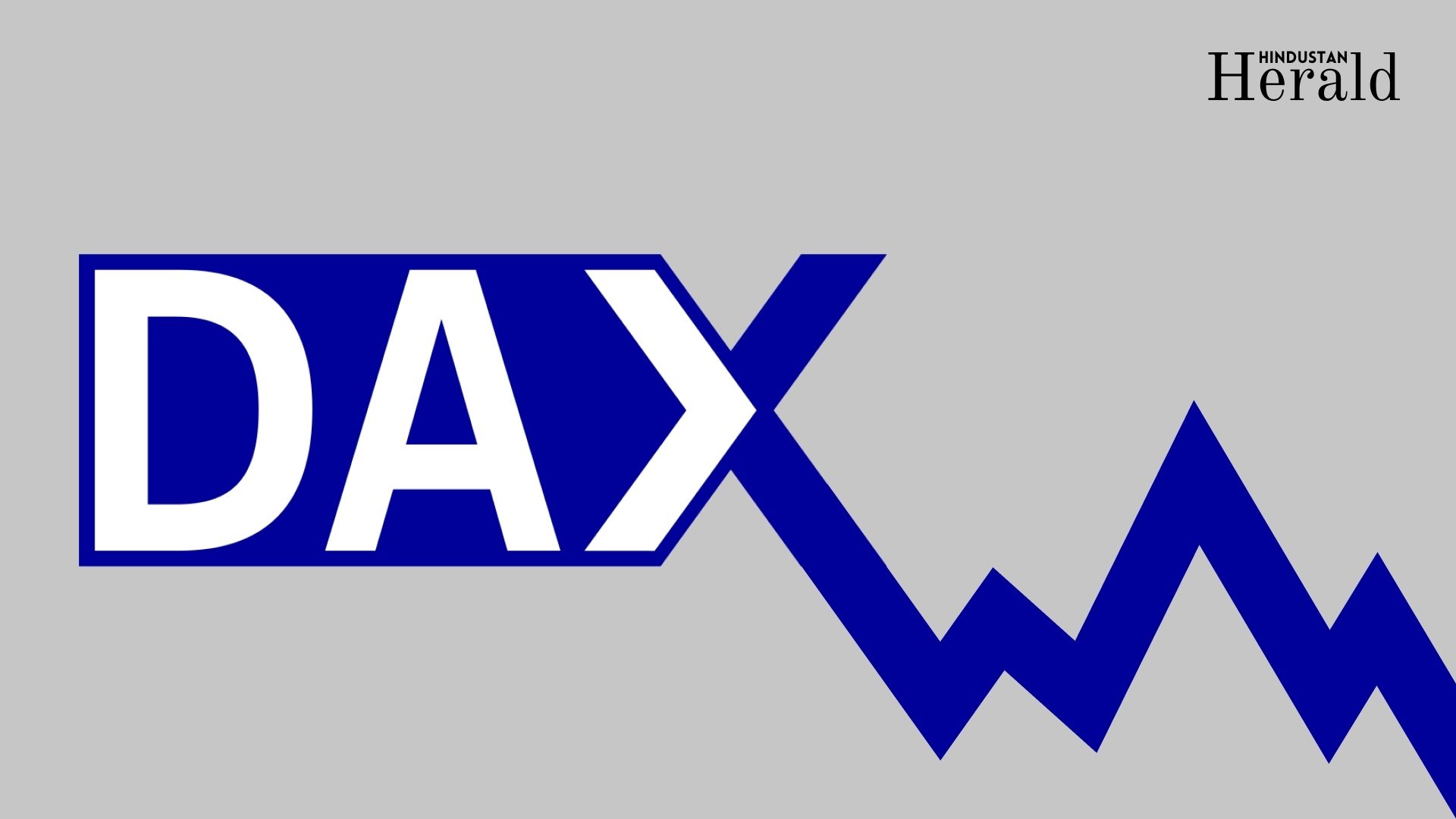Home Cures To The Rescue For Hypertension

Hypertension, this year’s World Heart Day theme, “Measure Your Blood Pressure Accurately, Control it, Live Longer,” focuses on addressing low awareness rates worldwide, particularly in poor and moderate income areas, and precise blood pressure measuring methods.
Sunday Olaleye, a public health expert, explained: “Awareness can assist people adjust their lifestyle to cure the increased blood pressure if that is the case.” If you know your blood pressure, you’ll be able to identify whether it’s abnormally high or low, and you’ll be able to get proper medical assistance sooner.
“Despite the social distancing constraints that have resulted in a significant reduction in the interaction we should have with patients.”
The home blood pressure monitor is widely used in the diagnosis and monitoring of high blood pressure.”
To keep healthy, he added, WHO advocated a good diet, no alcohol, physical activity, no cigarettes, and stress management as methods to reduce the likelihood of having high blood pressure and its negative repercussions.
According to the American Heart Association, Heart Failure Society of America, and American College of Cardiology, medications for high blood pressure, heart failure, or heart disease are critical to maintaining blood pressure levels and lowering the risk of heart attack, stroke, and worsening heart disease.
“Some regular practises, as well as over-the-counter drugs and supplements, can cause blood pressure to rise.” Nonsteroidal anti-inflammatory drugs (NSAIDs), such as naproxen and ibuprofen, are common pain relievers that might raise blood pressure. Decongestants are also known blood pressure raisers. People who have cardiac problems should limit or avoid them, particularly if their blood pressure is uncontrolled. Acetaminophen, for example, is less likely to raise blood pressure.

“People should consult their doctors about over-the-counter medications.”
Some prescription medications, such as those for mental health, corticosteroids, oral birth control, immunosuppressants, and some cancer therapies, should be monitored to ensure blood pressure is under control.
“Alcohol and caffeine should be consumed in moderation because excessive amounts might elevate blood pressure.” In general, caffeine should be limited to three cups per day, and most persons with high blood pressure should avoid it. Herbs and dietary combinations, as well as natural supplements and home cures, may be harmful. Some herbal supplements might cause an increase in blood pressure.”
Medication for hypertension
According to the AHA, clinicians sometimes prescribe angiotensin converting enzyme (ACE) inhibitors and angiotensin receptor blockers (ARBs) to persons who have hypertension: “It is claimed that these medications are renin-angiotensin-aldosterone system (RAAS) antagonists. These medications block the RAAS and prevent activation at a receptor known as ACE2.
“However, additional evidence suggests that ACE2 can protect against severe lung injury due to interactions with the RAAS, and that both ACE inhibitors and ARBs may contribute to systemic inflammation reduction, notably in the lung, heart, and kidney.”
If this is the case, the medications “may reduce the risk of developing acute respiratory distress syndrome, myocarditis.”
Natural cures
“Regularly walk and exercise, and share on Pinterest.” Exercise on a regular basis can help reduce your blood pressure. Reduce your salt consumption while drinking less alcohol. “Eating more potassium-rich foods, cutting back on caffeine, learning to handle stress, eating dark chocolate or cocoa, and losing weight can all help to lower blood pressure,” he added.








